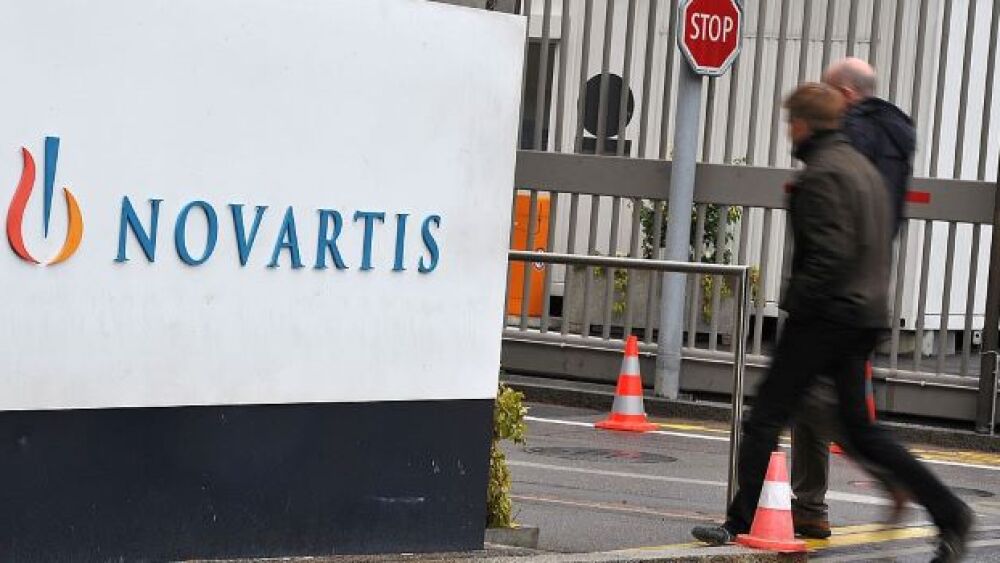Novartis is the subject of a DOJ inquiry over the company’s marketing and pricing of Entresto over the past five years, receiving a Civil Investigative Demand from the government.
Harold Cunningham/Getty Images
A little more than a year after Novartis’ generics unit Sandoz paid the U.S. government $195 million to settle price-fixing charges, the company is once again in the crosshairs of a federal investigation. This time over its blockbuster cardiovascular drug, Entresto.
Buried in its quarterly financial earnings report (page 36) released earlier this week, Novartis noted that it is the subject of a DOJ inquiry over the company’s marketing and pricing of Entresto over the past five years, receiving a Civil Investigative Demand from the government. The Swiss pharma giant specifically noted that the government is seeking information regarding “remuneration provided to healthcare professionals,” meaning kickbacks paid to the doctors to prescribe the drug.
Novartis is no stranger to kickback allegations. Not only did Sandoz pay out $195 million to settle price-fixing allegations last year, but the parent company also paid more than $642 million in multiple settlements last year to resolve government charges that the company violated the False Claims Act.
Novartis has agreed to pay $51.25 million to resolve allegations that it illegally paid the copay obligations for patients taking its drugs in the first settlement. That agreement was related to the company’s alleged illegal use of three foundations as conduits to pay the copayments of Medicare patients taking Novartis’s drugs Gilenya, a multiple sclerosis drug, and Afinitor, which is prescribed for advanced renal cell carcinoma. Federal law prohibits companies and organizations from providing payment for a Medicare copay to secure prescriptions for a particular drug.
The second settlement resolves claims arising from the company’s alleged payments of kickbacks to doctors. To satisfy that claim, Novartis agreed to pay the government $591,442,008 to resolve allegations that the company provided kickbacks to doctors to encourage them to prescribe a slew of medication developed by the company, including Lotrel, Valturna, Starlix, Tekturna, Tekturna HCT, Tekamlo, Diovan, Diovan HCT, Exforge and Exforge HCT.
Novartis will forfeit $38.4 million under the Civil Asset Forfeiture Statute, according to the DOJ.
In 2015, the company also paid out $390 million to settle a civil lawsuit related to the kickback payments to specialty pharmacy companies that distributed Exjade and Myfortic.
Entresto is one of the company’s biggest revenue drivers. According to its quarterly report, Entresto sales increased 41% to bring in $2.6 billion for the company over the first nine months of 2021. Analysts predict the drug could generate $5 billion in sales before it loses exclusivity in four years.
Novartis said it is currently evaluating the Department of Justice’s inquiry.
Novartis announced plans to conduct a strategic review of its Sandoz unit in its quarterly report, which could mean a potential sale. Sandoz is Novartis’ generics business and is also the company’s business unit for the development of biosimilar drugs. The review will explore all options, including retaining the business to complete separation.
Novartis also noted scrapping clinical trial plans for its experimental Rett Syndrome gene therapy, OAV201. The company will continue to explore additional options to treat the genetic disease. OAV201 was initially developed by AveXis, which Novartis acquired. AveXis, now known as Novartis Gene Therapies, is the same company that developed Zolgensma, the approved gene therapy for spinal muscular atrophy.
Preclinical data for OAV201 failed to live up to expectations, Novartis said in its report.





